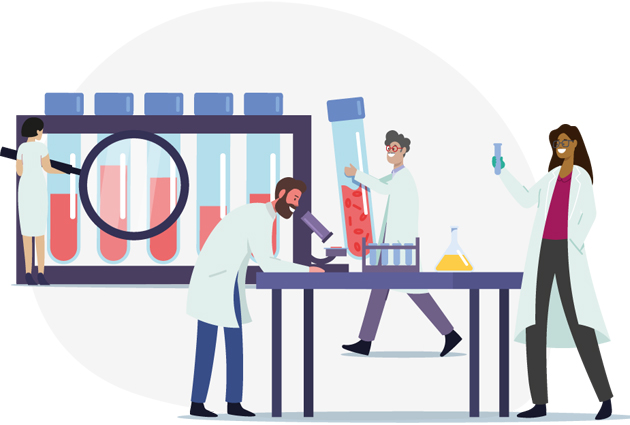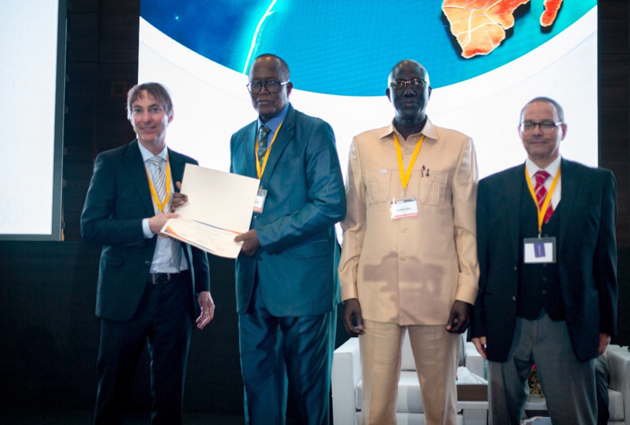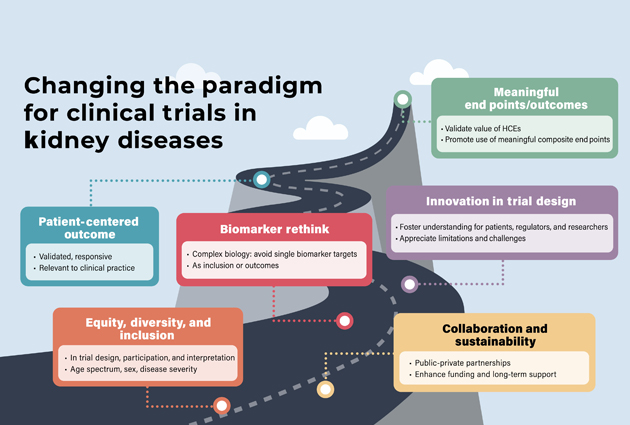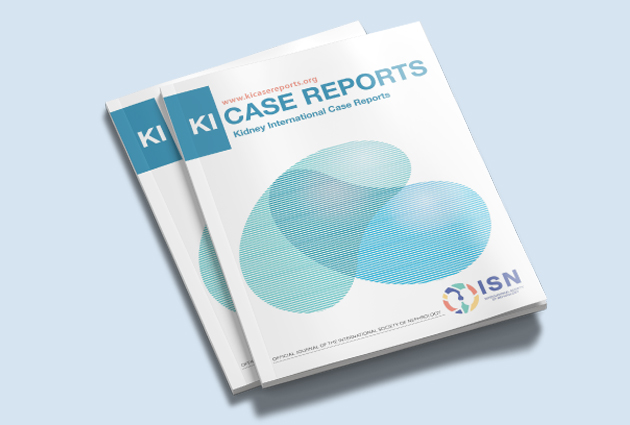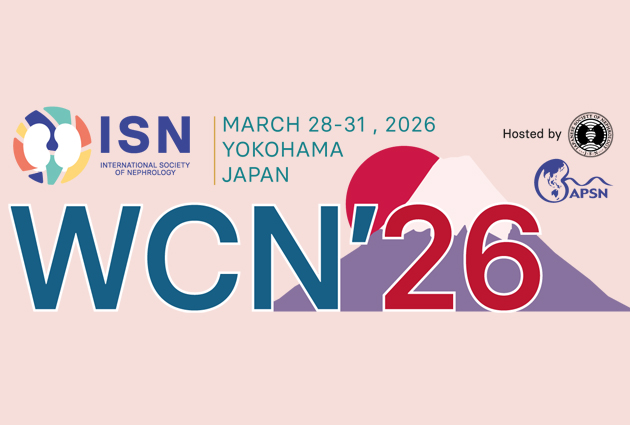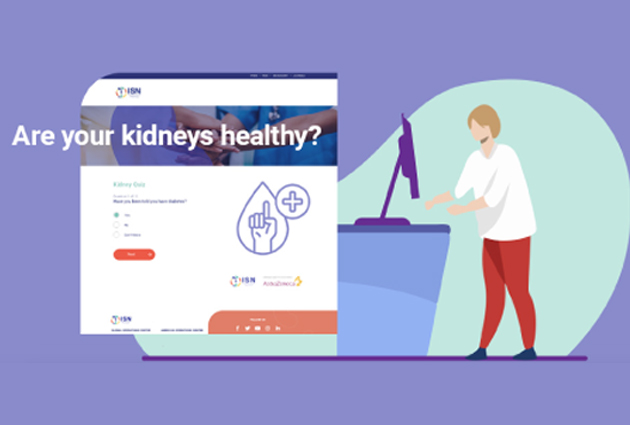Kidney Care Center in Georgia Ranked Number One in the Country Since Graduating From the ISN Sister Centers Program: Find Out More about the Winner of the 2023 Schrier Award

Staff from the nephrology departments at Tbilisi State Medical University and Ghent University Hospital at one of the training programs organized as part of their ISN Sister Renal Centers Partnership
The Schrier Award recognizes outstanding achievements from recently graduated ISN Sister Renal (SRC) and ISN-TTS Sister Transplant Centers (STC pairs.
Please join us in congratulating the winner of the 2023 Schrier Award – an SRC partnership between healthcare centers in Georgia and Belgium:
Emerging center: Nephrology Development Clinical Center, Tbilisi State Medical University, Tbilisi, Georgia
Supporting center: Nephrology Department, Ghent University Hospital, Ghent, Belgium
The ISN SRC program supported advances in the nephrology center in Tbilisi from 2015-2022, extended from the usual six-year duration due to COVID-19-related disruptions.
At the start of the partnership, the clinic had almost 300 hemodialysis patients (HD) with kidney failure, 25 peritoneal dialysis (PD) patients, and 14 hospital beds. The center in Tbilisi now runs 80 HD beds with a maximum capacity of 480 patients, 40 PD patients and 40 in-hospital beds.
Sister Center partnerships work through three levels of the program from C-A:
From 2015-2016, at level C of the program, nephrologists in Tbilisi were trained in PD catheter placement. They increased their knowledge of a multidisciplinary approach to patient care and current best practices in kidney care.
At the level B stage of the collaboration, from 2017-2018, the team from Ghent helped set up registries in acute kidney injury, kidney biopsy, and vascular access. Staff at the Tbilisi center were trained in bedside placement of tunneled catheters. Following this training, one nephrologist inserted 575 tunneled catheters between January 2018 and September 2022, saving the lives of many patients without vascular access.
In addition, a multidisciplinary nephrology/vascular/surgery/radiologist team was established to improve local vascular access care. This team implemented standardized operating protocols in HD, PD, and post-transplant patient care.
A dialysis nurse’s educational program was held, which included courses in:
- Theoretical nephrology
- Hands-on training in patient cannulation
- Exit-site care
- Tunneled-catheter care
During the level A stage from 2019-2022, the main goal was to transition from a living donation kidney transplant program to a cadaver transplantation program. To achieve this, staff received training on brain death, the transplant coordinator’s role, patient waiting lists, and recipient selection.
Under mentorship and advice from the supporting center, a local tissue-typing lab was established: Human leukocyte antigen-typing, panel reactive antibodies (PRA), and donor-specific flow crossmatch are now possible onsite. For the previous 20 years, blood samples had been sent abroad for PRA and crossmatching.
The two centers also worked together to develop:
- An onco-nephrology board, run by oncologists and nephrologists, to treat kidney patients with malignancies and oncology patients with kidney failure.
- Training for nurses in ultrasonography-guided cannulation of arteriovenous fistulas.
- Regular renal pathology round tables to tailor patient management.
- Increased pathology and transplanted kidney diagnostics knowledge. Analysis now takes place onsite as opposed to being sent abroad.
- A pediatric nephrology service: Five children are now on HD, two on PD, and four received kidney transplants from their parents during the last year.
Through these achievements, the Nephrology Development Clinical Center in Tbilisi now ranks as the number one center for nephrology services in Georgia.
The centers in Ghent and Tbilisi have now formed an SRC trio partnership to help advance kidney services at the State Institution National Medical Center in Tajikistan


